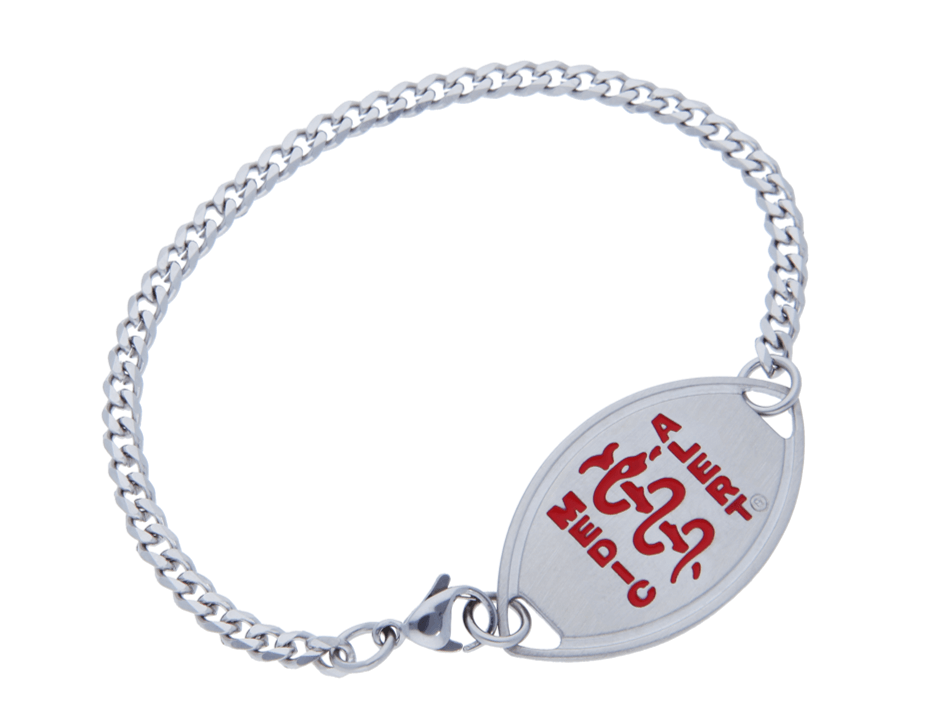Cardiac magnetic resonance/Magnetic resonance imaging (CMR/MRI) scan
Cardiac magnetic resonance/Magnetic resonance imaging (CMR/MRI) scan This is a special kind of scan used to examine the structure of the heart and the nature of its muscle. It uses a magnetic resonance scanner that creates intense fluctuating magnetic fields
